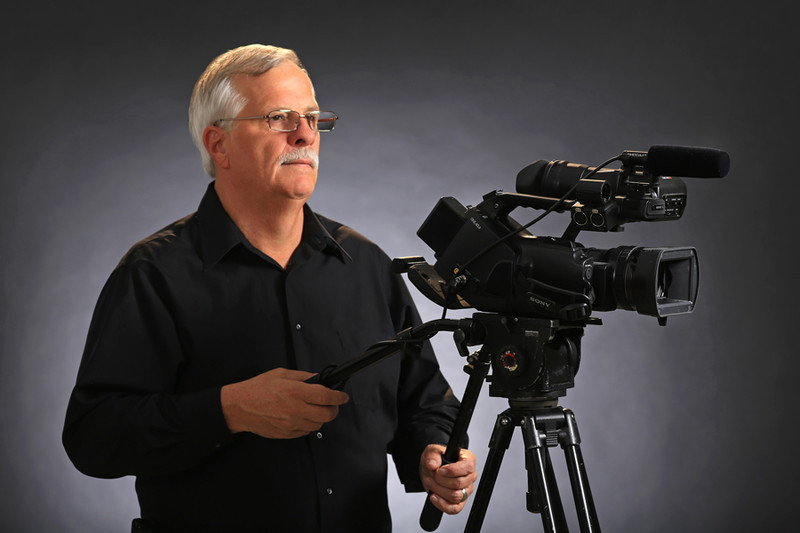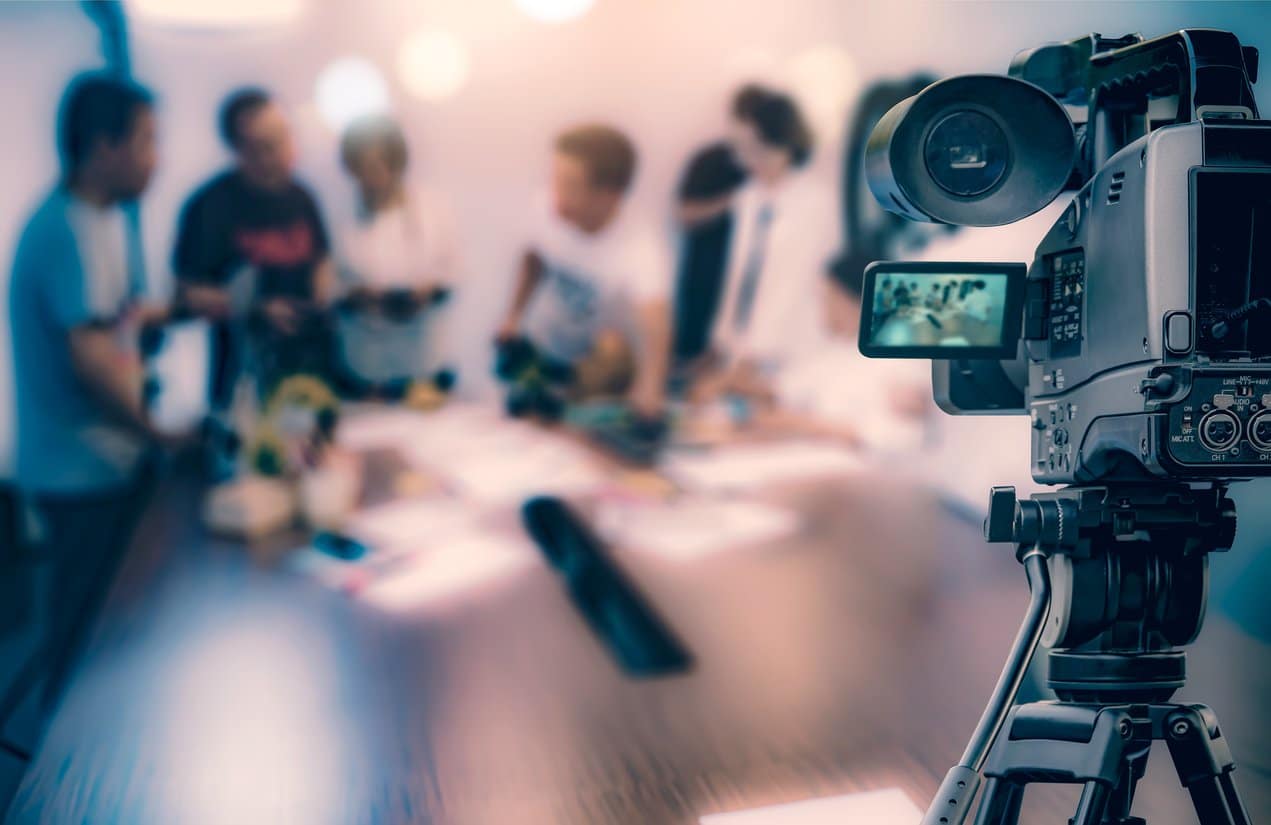Trusted Legal Videography for Professional Case Support.
Trusted Legal Videography for Professional Case Support.
Blog Article
The Duty of Lawful Videography in Depositions and Tests
Lawful videography has actually emerged as a crucial device in both depositions and tests, offering a diverse strategy to documenting witness testimonies. By catching not just the spoken word yet also the subtleties of non-verbal communication, this medium enhances the reputation of statements and preserves important evidence for future process (legal videography). As lawyers increasingly identify its worth, it motivates a much deeper assessment of exactly how these aesthetic records can affect juror assumptions and test end results. What effects might these growths hold for the future of lawful technique?

Relevance of Lawful Videography
Legal videography plays an essential duty in the paperwork and presentation of depositions and tests. This specific area integrates technological skills with legal expertise to produce a trusted document of proceedings that can dramatically influence instance results. The appearance of lawful videography improves the understanding of witness statement, enabling jurors and courts to observe not only the talked words yet additionally the disposition, feelings, and body movement of the witnesses.
In addition, legal videography supplies an objective account of events, lessening the potential for misconception that can take place with composed records alone. This aesthetic paperwork serves as a vital device during trial discussions, promoting a more clear and even more convincing narrative for both complainants and offenders. Moreover, the capability to replay video sectors throughout court procedures enables lawful groups to emphasize bottom lines, reinforcing their arguments efficiently.
The relevance of lawful videography extends past the court; it also plays a crucial role in maintaining evidence for future referral, whether for charms or further lawsuit. Its assimilation into the lawful process is essential for making sure a fair and precise depiction of the facts, eventually adding to the quest of justice.

Process of Legal Videography
While recording the subtleties of depositions and trials, the process of legal videography includes numerous crucial steps that make sure high-quality, precise recordings. At first, a specialist lawful videographer prepares by reviewing the situation materials and comprehending the details needs of the deposition or trial. This prep work consists of acquainting themselves with the individuals and the context, which aids in capturing important information.
On the day of the recording, the videographer establishes up the needed tools, which commonly consists of high-def electronic cameras, microphones, and correct lights. Making certain optimum angles and audio top quality is vital, as it directly influences the performance of the recording. The videographer connects with lawyers and participants to establish protocols, ensuring that everyone recognizes the recording procedure.
During the deposition or trial, the videographer meticulously videotapes the process, paying close focus to both verbal and non-verbal cues. This consists of recording the attitude and reactions of witnesses and attorneys. After the session ends, the videographer may edit the video for quality and compliance with legal criteria, creating an end product that precisely reflects the process for future recommendation and use in lawful contexts.
Benefits in Depositions
The incorporation visit this web-site of videography in depositions uses various advantages that boost the general process of gathering evidence. One primary benefit is the capacity to record witness testaments with aesthetic and auditory fidelity, offering a more precise representation of the witness's demeanor, tone, and body movement. This multidimensional method permits attorneys and courts to evaluate reputation better than traditional written transcripts alone.
In addition, videographed depositions work as an effective tool for protecting testament. Ought to a witness ended up being inaccessible for trial, their taped deposition can be played in court, ensuring that their proof continues to be available and pertinent. This aspect dramatically minimizes the risk of losing critical information that might influence case results.

Lastly, videography enhances the overall professionalism and trust of the deposition procedure, instilling confidence in clients concerning the thoroughness of their legal representation (legal videography). By leveraging modern technology, lawyers can significantly boost the performance of depositions
Influence on Tests
In lots of trials, the integration of videography can significantly influence the presentation of proof and the court's understanding. Legal videography records witness testaments and essential proof in a dynamic format, enabling jurors to engage with the material on multiple levels. This visual component enhances the narration element of a trial, supplying context and emotional resonance that standard text-based evidence may lack.
Additionally, video clip recordings can offer as powerful tools for impeachment throughout cross-examination. When discrepancies emerge between a witness's prior statements and their court room statement, home video clip evidence gives an unbiased reference that can persuade jurors' opinions. This immediacy and quality can reinforce the integrity of a party's story while at the same time threatening opposing disagreements.

Future Trends in Legal Videography
As we look towards the future of legal videography, a number of emerging patterns guarantee to reshape its role within the courtroom. One significant trend is the integration of synthetic intelligence (AI) in video clip analysis and modifying. AI can improve the process website here of identifying key moments in recorded depositions, permitting lawyers to swiftly access appropriate material, consequently improving efficiency in case prep work.
In addition, the increase of online reality (VIRTUAL REALITY) and boosted fact (AR) modern technologies is anticipated to transform how jurors experience proof. legal videography. By submersing jurors in a simulated setting, these modern technologies can supply a much more profound understanding of intricate circumstances, bring about more informed considerations
In addition, the boosting demand for remote depositions, accelerated by the COVID-19 pandemic, will likely proceed. Lawful videographers will require to adjust to new software application and platforms to ensure top quality recordings in digital setups.
Lastly, the expanding focus on information safety will demand stricter protocols for saving and sharing video proof. As the legal landscape advances, legal videographers must remain abreast of these trends to preserve their significance and performance in the judicial procedure.
Final Thought
In summary, lawful videography offers a crucial function in the judicial process, improving the honesty of depositions and tests. As technology continues to develop, lawful videography is positioned to more change its role within the legal landscape.
Report this page